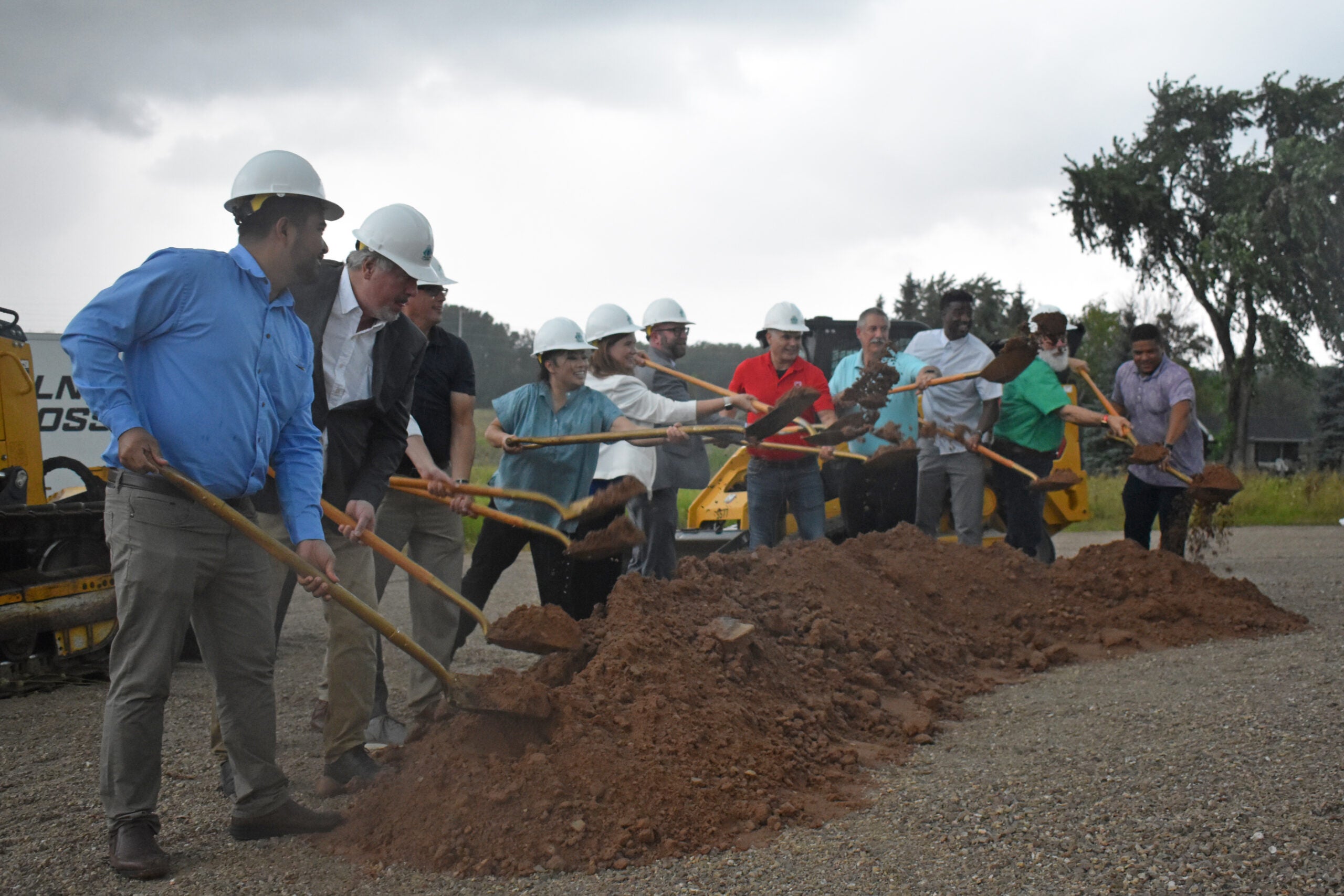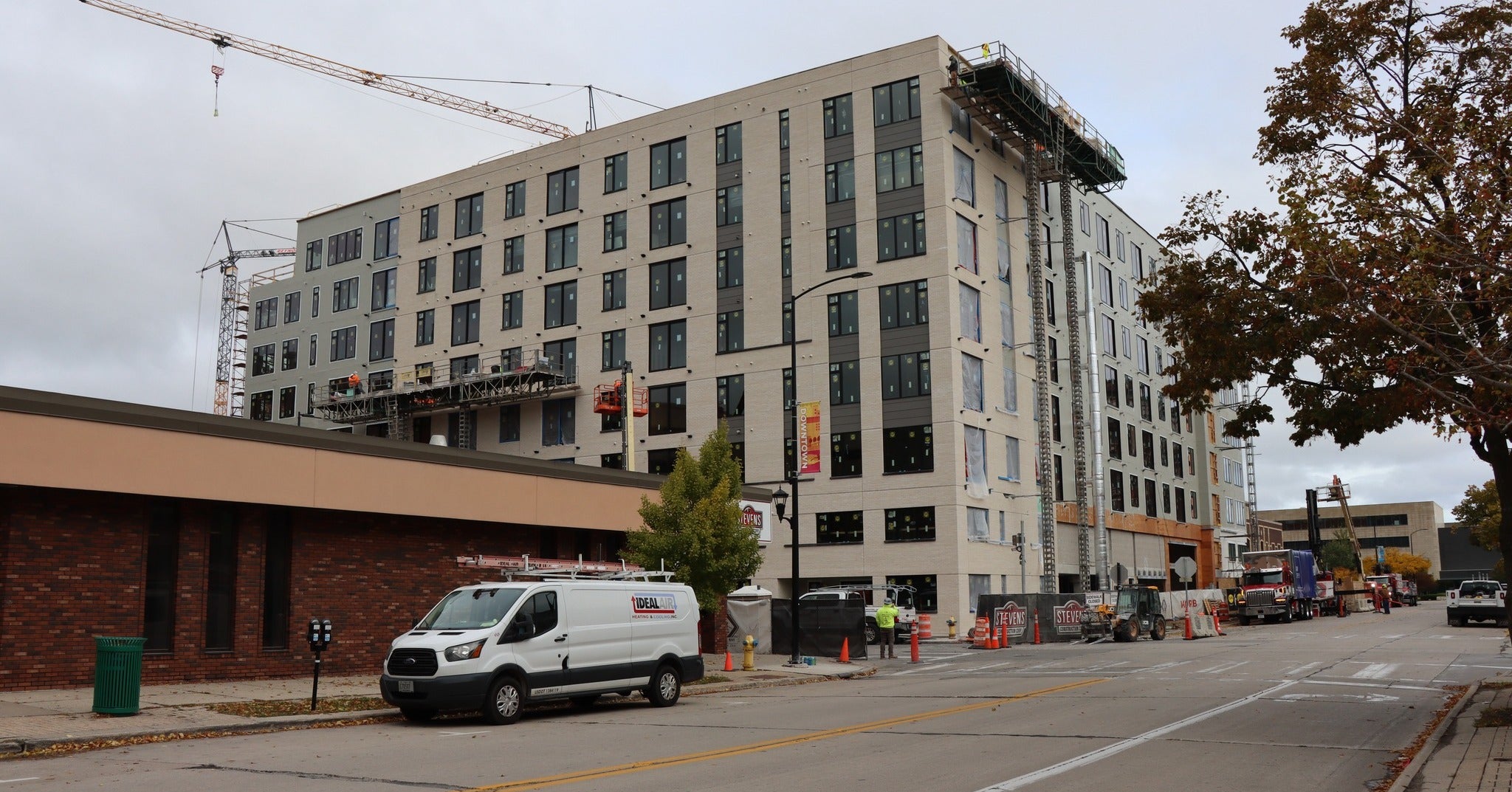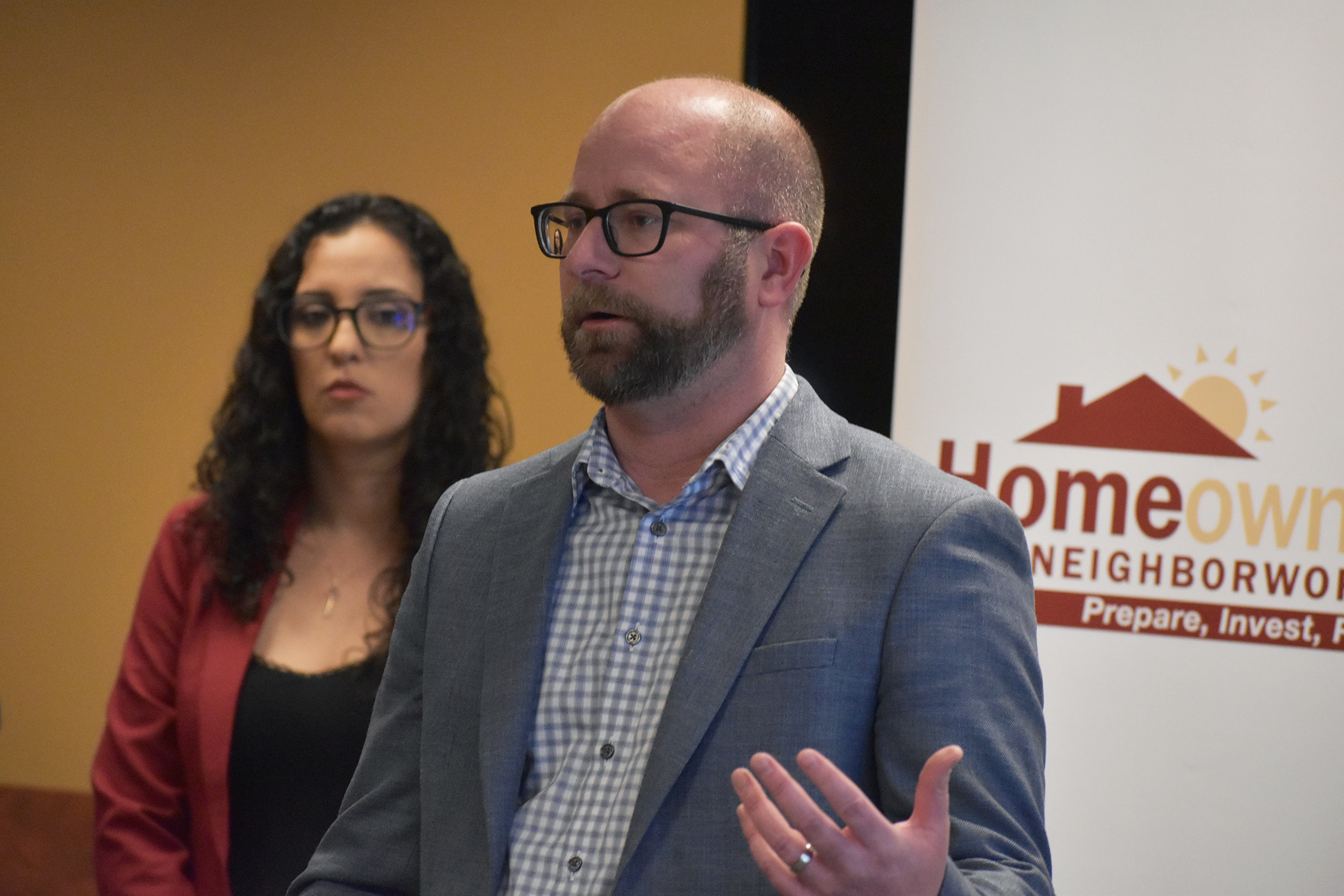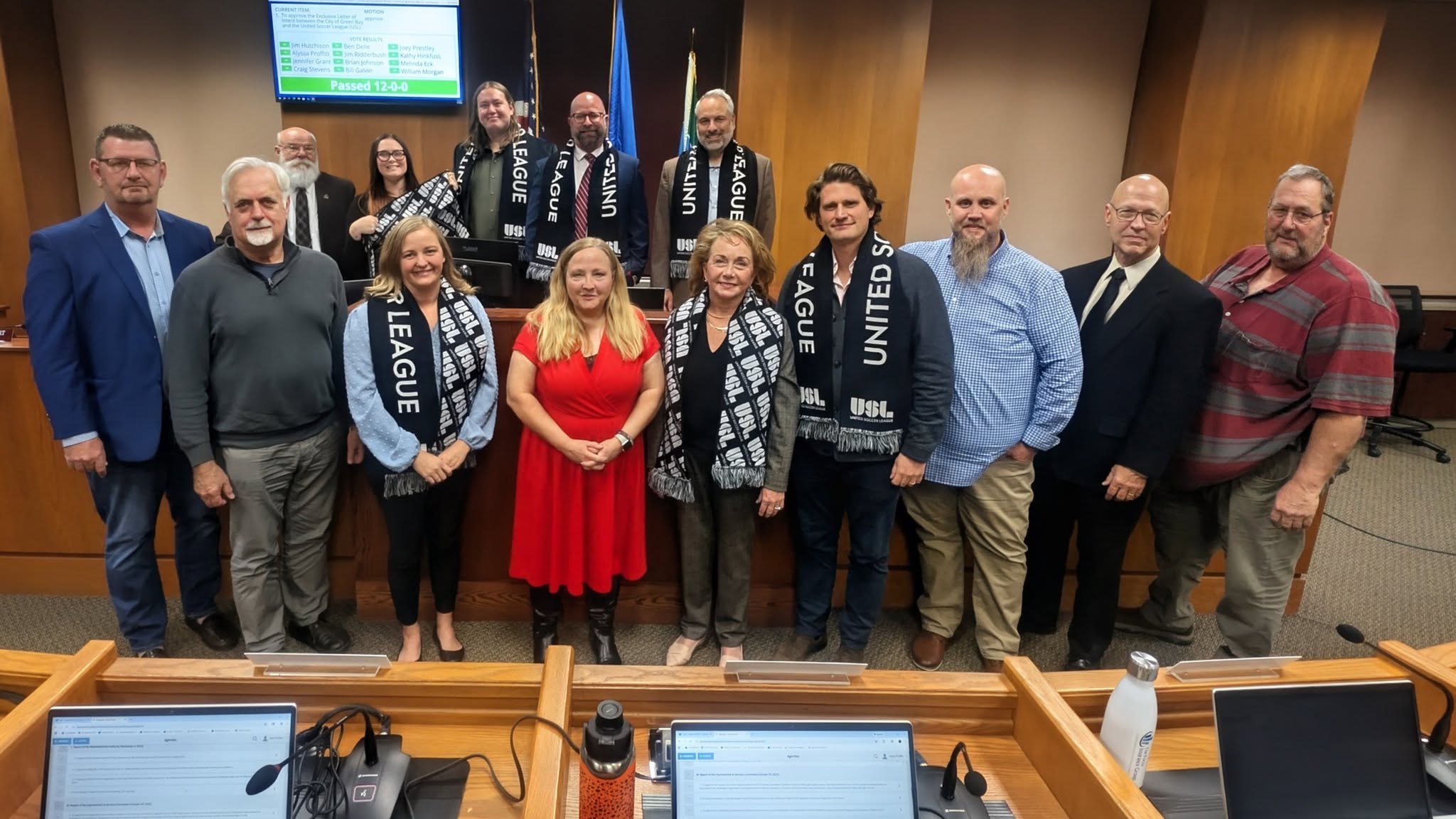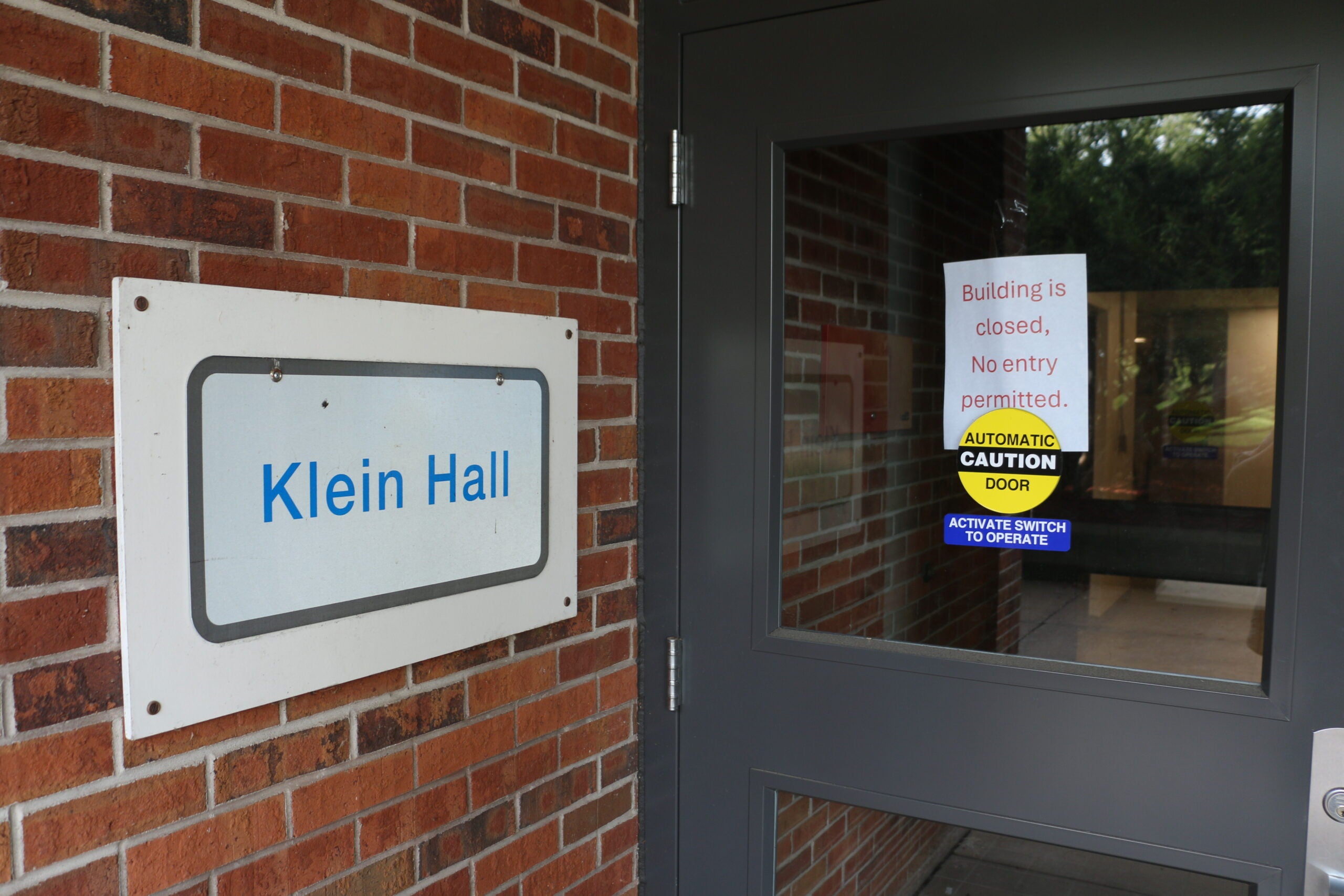Green Bay broke ground last week on the first steps toward developing what the city said will be its largest-ever housing development.
Plans call for the development of a minimum of 200 single- and multi-family homes, a public park and urban farm on a roughly 26-acre parcel donated by a local employer, according to Amaad Rivera-Wagner, the city’s project manager for the redevelopment and the mayor’s chief of staff.
“We are essentially building a brand new neighborhood on land that has been essentially a farm or not utilized for nearly 100 years,” Rivera-Wagner said.
News with a little more humanity
WPR’s “Wisconsin Today” newsletter keeps you connected to the state you love without feeling overwhelmed. No paywall. No agenda. No corporate filter.
The groundbreaking marked the start of work on infrastructure and public amenities serving the site, like roads, utilities, the park and the urban farm.
“We are technically doing two different processes at the same time,” Rivera-Wagner said. “There’s a public amenities process and there’s a housing process.”
In 2021, JBS Foods Group, which employs roughly 1,200 people at its beef processing plant in Green Bay, donated the property on the east side. The company also gave the city $500,000 to use to address the housing shortage in the community.
The previous year, a housing market study commissioned by the city found Green Bay needed between 3,314 and 7,441 rental units and between 4,052 and 9,098 owner-occupied units by 2040 to keep up with demand.
Since the donation, Green Bay has worked with roughly 40 community stakeholders to develop plans for the site, and received assistance from Harvard University and Bloomberg Philanthropies. The city also hosted meetings, where residents shared input on what they’d like to see.
“This is both the largest development we’ve ever done and the largest community-led effort,” Rivera-Wagner said.
Rivera-Wagner said the development aims to provide “missing middle housing” — homes and apartments that are affordable to households earning 80 to 120 percent of the area’s median income. The median household income in the city was about $55,000 in 2022, according to the most recent data from the U.S. Census Bureau.
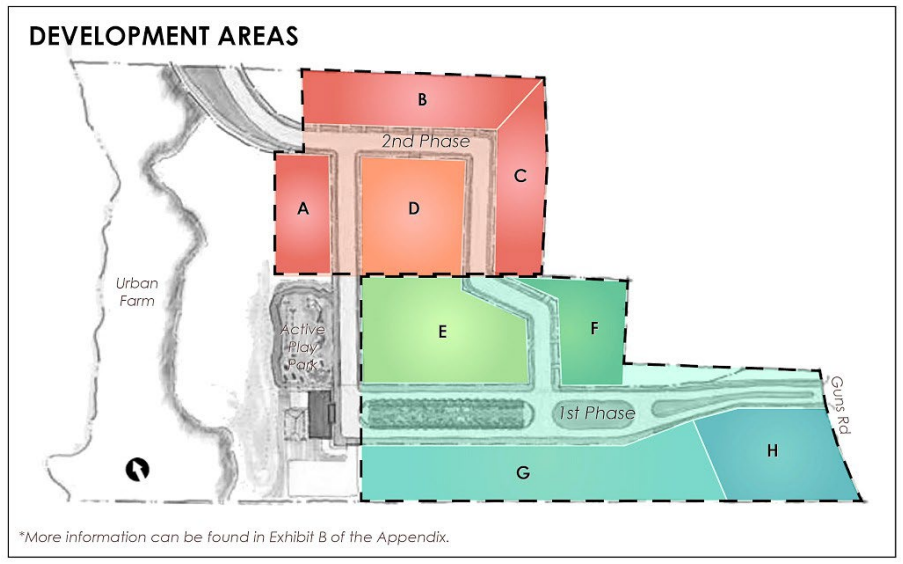
Green Bay selected two developers to build housing for the first phase of the project after opening requests for proposals in January. The developers will purchase the land from the city. Green Bay estimates the development will create $30 million in property value.
When complete, Rivera-Wagner says the project will include duplexes, triplexes, apartments, townhomes and single-family homes.
Milwaukee-based developer Revel49 proposed building 94 apartments, five single family homes and 18 townhomes. It was selected to build an apartment building and multigenerational townhomes. Madison-based Gorman & Company proposed building 132 apartments, 32 townhomes and 20 single-family homes. It was selected to build apartments.
Ted Matkom, Wisconsin Market president for Gorman & Company, said developers are still negotiating the terms of a development agreement with the city, so unit estimates will change.
“My understanding is the land is (going to be sold) for $1,” Matkom said. “But to be honest with you, we have not reached a total agreement with the city.”
He also said Gorman & Company met “a couple times” with the city related to what they’re building, but “it’s far from approved or designed.”
Revel49 Managing Partner Collin Price said the single-family homes will come in the second phase of the project.
“There’s no single family residences in phase one, so that’s all been put off to the sideline for phase two,” he said.
Rivera-Wagner said the city is spending roughly $14 million to build infrastructure and amenities. He said $5 million of that comes from a state grant funded by the federal American Rescue Plan Act.
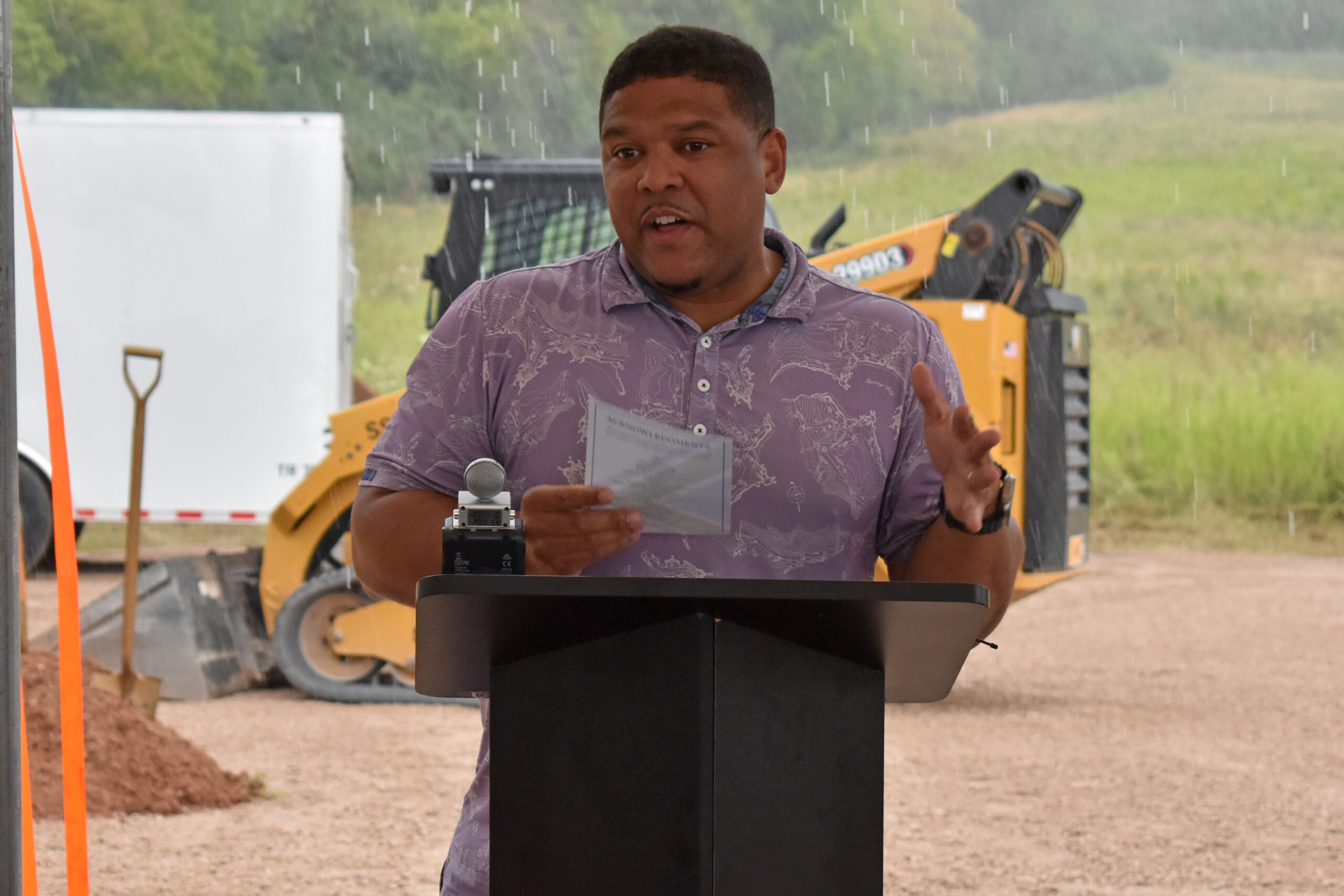
Rivera-Wagner said that portion of the project will be finished within a year. Matkom and Price said they anticipate beginning construction next spring and finishing by the end of 2026.
“The most important part for the city and the community is to deliver the housing as soon as we can, due to the high demand,” Price said.
The city hopes to start a requests for proposal process for the remaining units in the next three to six months, with the goal of “constantly building out this neighborhood,” Rivera-Wagner said.
“People will be able to go and hang out in this neighborhood within a year,” Rivera-Wagner said. “They’ll be able to live within this neighborhood in two years, and we’re hoping to fully build out within three to four years.”
At last week’s groundbreaking, state and local leaders celebrated the development moving forward.
“I just want to truly express my appreciation for what you all have (done to) come together to dream big and to achieve this dream together,” said state Department of Administration Secretary Kathy Blumenfeld.
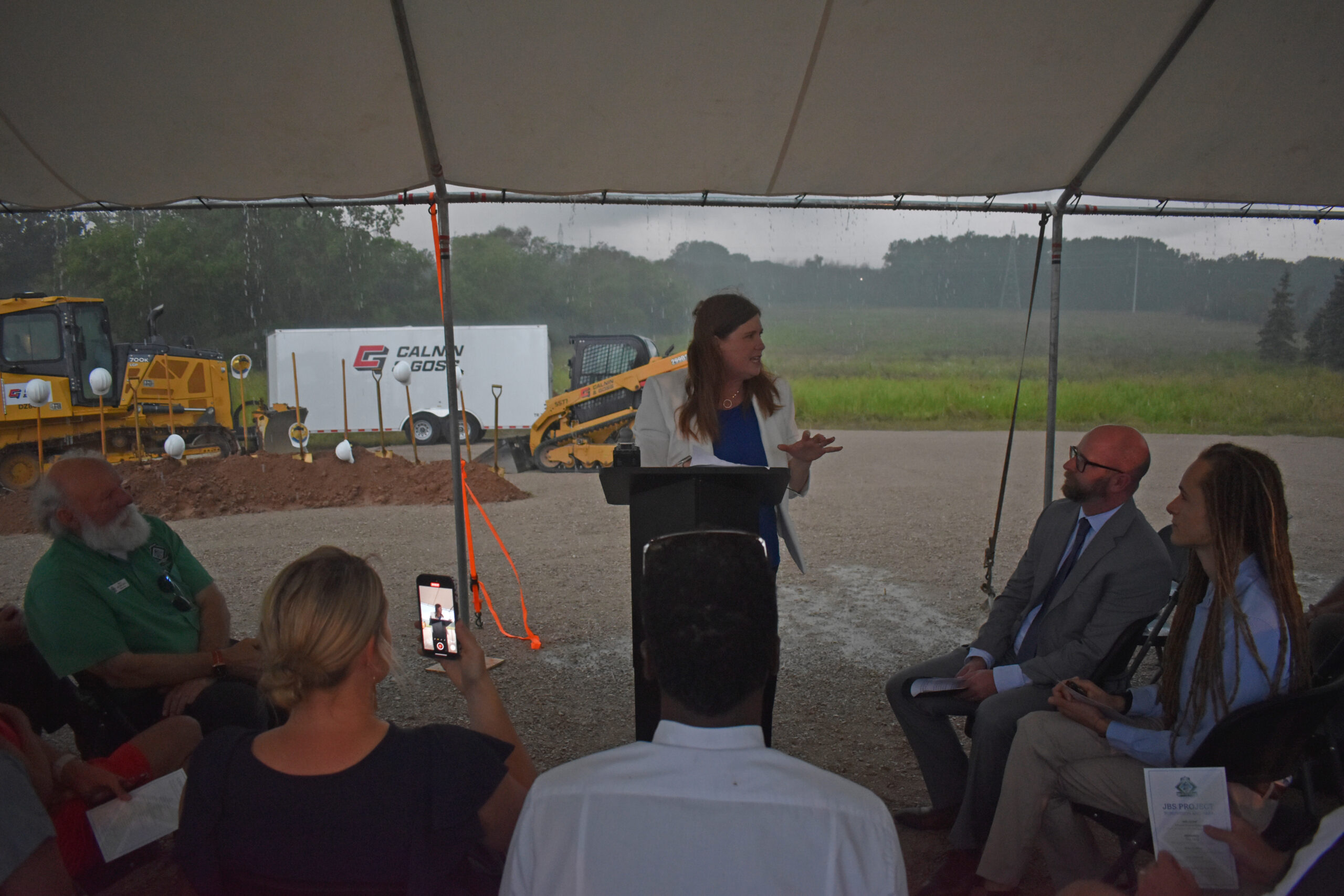
JBS Green Bay Human Resources Director Brad Bothun said the company’s donation was part of a program to strengthen the communities where the company’s employees live.
“The increase in affordable housing in our region is something that will benefit our team members, their families and many of our neighbors as well,” Bothun said. “We cannot wait to see how this incredible project transforms this neighborhood and this community.”
In addition to housing, the project will include a community park, with seating, spaces for food trucks, a bike path and playground.
Tara Yang, management consultant with the Ashwaubenon nonprofit Wello, said the development also includes an urban farm that will be made possible thanks to partnerships between local farmers, community organizations and cultural leaders. She said the new neighborhood will help the Green Bay community thrive.
“It represents potential — potential for expanding housing opportunities, creating accessible parks and building bridges between communities,” she said. “It’s about ensuring that everyone — regardless of the background — has access to the resources, connections and opportunities.”
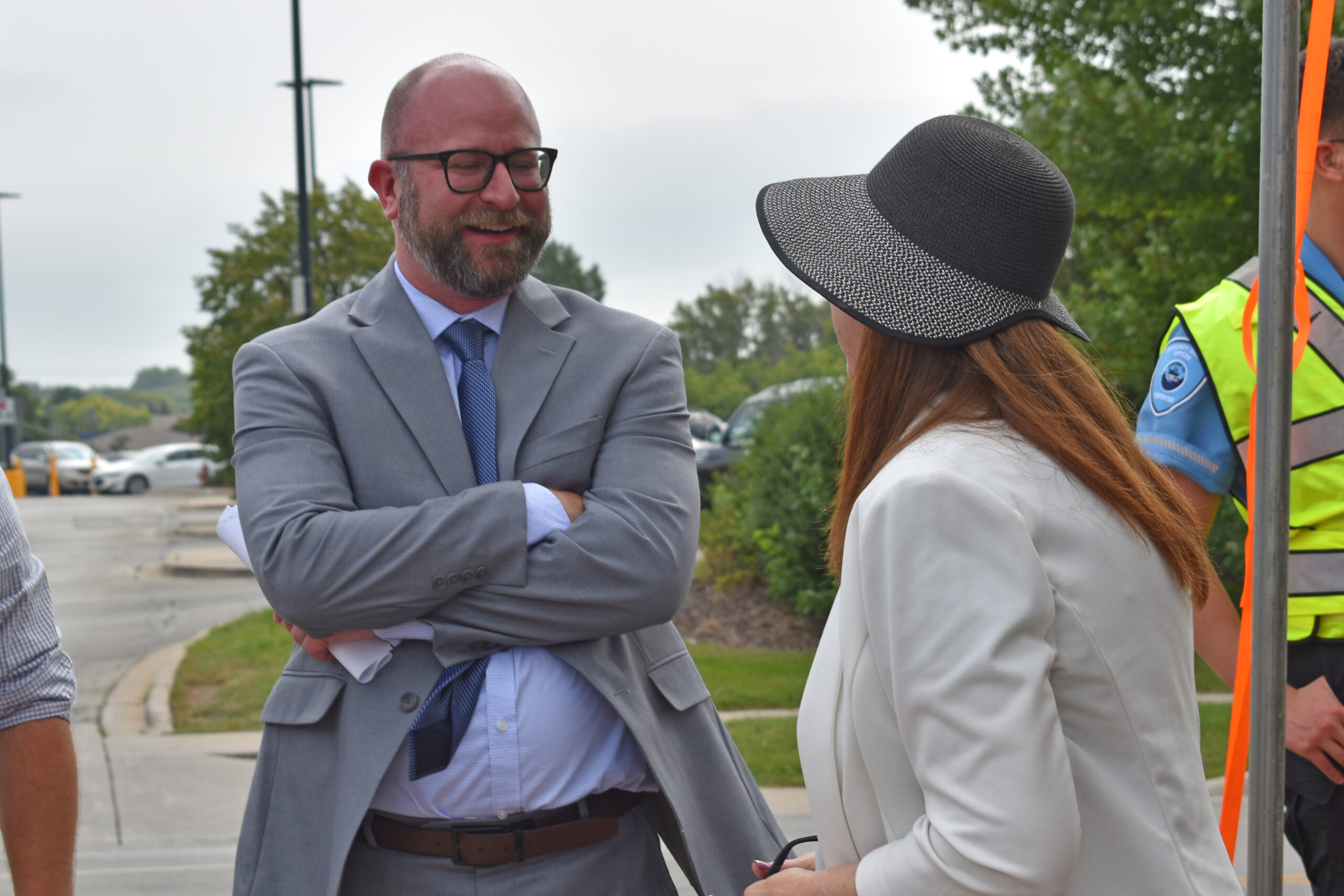
Wisconsin Public Radio, © Copyright 2025, Board of Regents of the University of Wisconsin System and Wisconsin Educational Communications Board.

